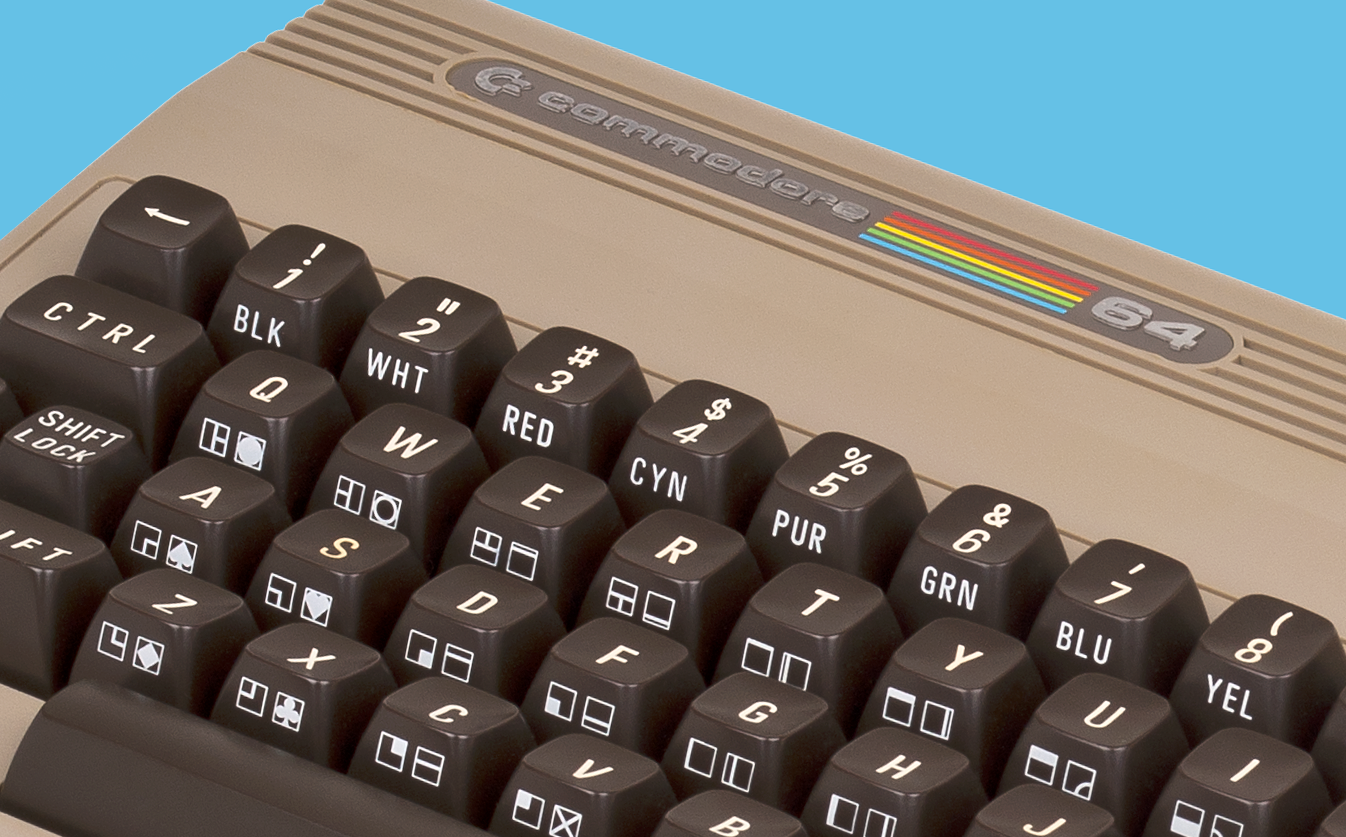10 PRINT "Hello 50 years of BASIC"; 20 GOTO 10

On May 1, 1964, Professor John Kemeny ran the first BASIC (Beginner's All-purpose Symbolic Instruction Code) program from a timesharing terminal at Dartmouth College, in Hanover, New Hampshire. Created by Kemeny and Professor Thomas Kurtz, BASIC was designed to make it easier for students to use computers.
BASIC enjoyed huge popularity in the mid-late 1970s and 1980s, and anyone over a certain age will likely have learned to program on a microcomputer using it. I certainly did. My first computer was a ZX81 from Sinclair Research. It’s a name people in the UK will recognize instantly but will mean nothing to most outside of the British Isles (it was released -- in a slightly modified form -- as the Timex Sinclair 1000 in the United States). To use it, you had to master Sinclair BASIC and that was my first experience with what initially seemed like an alien language.
Programs and games for microcomputers like the ZX81, ZX Spectrum, BBC Micro, Vic 20 and Commodore 64 were loaded from cassette tape (a hit and miss affair) but you could also type in programs printed in computer magazines. These type-in listings were long -- often very, very long -- and it was easy to make mistakes. So when you got to the end of typing everything in, it was common for programs to fail to run. So you then had to laboriously trawl through the listing, comparing it to the on-screen version, looking for the problem. Usually a missing piece of punctuation.
Occasionally the listings themselves were wrong, so the only way to get the program to run would be to identify the flaw in the coding for yourself.
As a result I, and many, many other computer users, learned not only the basics of BASIC, but also developed a solid understanding of how to use the language to create and improve our own programs.
Edsger Dijkstra, a Dutch computer scientist, famously once said "It is practically impossible to teach good programming to students that have had a prior exposure to BASIC: as potential programmers they are mentally mutilated beyond hope of regeneration".
I’m not sure that’s true -- I learned to program COBOL in the early nineties and my tutor said the programs I wrote were "good" -- but as I never pursued a career as a programmer I’ll never know for certain if BASIC mentally mutilated me. Although I will say 33 years after my first exposure to Sinclair BASIC I still clearly remember most of those commands, functions and keywords, so maybe Dijkstra was right!
Either way, without BASIC I’m not sure computers would have found their way into the mainstream so easily, and Microsoft owes its very existence to the language. Bill Gates founded Microsoft with programming partner, Paul Allen, off the back of writing a version of BASIC for the MITS Altair microcomputer.
While the days of programming in BASIC might be long gone, the legacy of that language, and the impact it had on the world we live in today, is undeniable.
10 PRINT "HELLO WORLD!"
20 GOTO 10
RUN
HELLO WORLD!
HELLO WORLD!
HELLO WORLD!
HELLO WORLD!
HELLO WORLD!
HELLO WORLD!
HELLO WORLD!
HELLO WORLD!
HELLO WORLD!
HELLO WORLD!